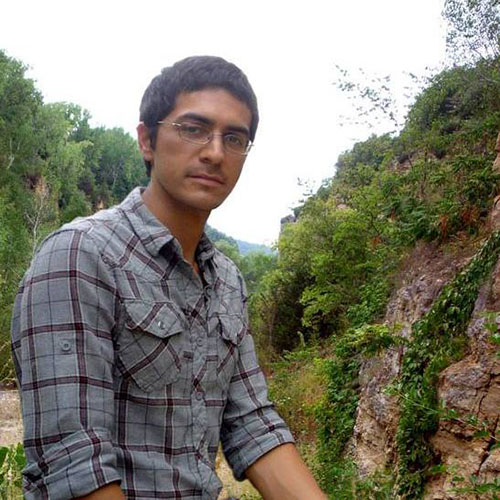National Association for the Practice of Anthropology
MEET NAPA’s 2020 VOLUNTEER OF THE YEAR: Vanessa Terry
- Byadmin
- On
 NAPA recently conducted an online interview with Vanessa Terry, NAPA’s 2020 Volunteer of the Year Awardee for the September 2020 issue of NAPA Notes:
NAPA recently conducted an online interview with Vanessa Terry, NAPA’s 2020 Volunteer of the Year Awardee for the September 2020 issue of NAPA Notes:
How did you get your start in anthropology?
As an undergrad I had no idea what anthropology was. Then I took an “Intro to Anthro” class and was instantly fascinated by it. So I started taking as many anthroclasses as possible that would fit into my work life balance. It is just so versatile in various fields! I ended up graduating with a degree in business administration, but I never stopped taking anthro classes.
Where did you go to school?
I did my undergrad at Concordia University in Irvine, California (CUI), and am currently enrolled as an anthropology student at the University of North Texas, in the final year of my Master’s.
Who do you currently work for and how has anthropology informed your job?
I work as “Director of Sales” for “Human Good,” which is an organization that really appreciates an anthropologist lens. I’ve been able to apply aspects from my thesis project to my job on a daily basis: It is about employer engagement; for example, how to engage people according to their individual strengths and dispositions. It is also about how to engage employees more according to cultural differences or employment changes. The main question for me is always: How can I make someone’s work more a pursuit than a requirement? How can they enjoy what they are doing? I look at patterns; just an example: Are they exceptionally tired on Mondays? I take these cues and try to make the platform make more sense for the environment, so that employees actually enjoy their environment.
Were there particular authors, scientists, or simply people who inspired and influenced your research?
Yes, these were Dr. Susan Squires, Dr. Christina Wasson, and Professor Tanya Silva. I liked Dr. Squires’s and Dr. Wasson’s approach of blending business and anthropology. Professor Silva was a philosophy professor of mine who was very critical and always looked at a problem from many different angles. Sometimes we might think we have the right perspective but when we step to the side and look at it from another angle, we may understand a problem even more in-depth. I also believe that we might never understand a problem truly.
What advice would you give to a student starting their career in anthropology?
Anthropology is so applicable, yet I sometimes hear fellow practitioners apologize for their enthusiasm instead of advocating for our craft to normalize what anthropology can do for an employer. I would encourage any budding anthropologist to look for ways to showcase their approach to their employer. Doing this allows the employer insight into the added value of having an anthropologist in their organization. We chose to study anthropology and make it our superpower, why not apply it to the best of our abilities?
Given that you work in an area concerned with the well-being of employees and work-life-balance, how do you evaluate the COVID-19 pandemic’s effects on practices within the working world? Are people working as effectively – or even better?
I am in the lucky position of working remotely and on-site and I feel like so much distraction and stress factors have been eliminated on days I can work remotely, such as the daily struggle with morning traffic. So I can see the argument of advanced productivity with remote workers.
I think the pandemic definitely had lasting impacts on practices at work that had been normalized before. For example, I have heard of a company that closed down their physical building completely because the employees worked just as well from home. So whenever they would need a place to meet face-to-face, they would just rent conference rooms! Employers are getting more creative with how they engage employees on digital platforms and the idea of the ‘workplace’ is undergoing a renovation at the moment.



